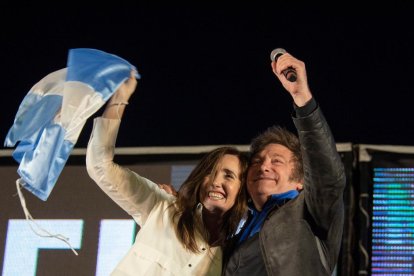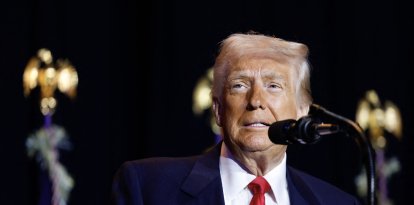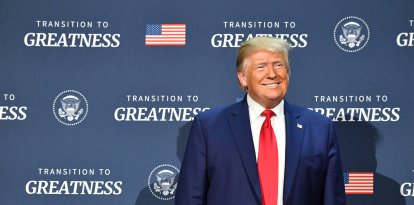A historic defeat of the left: what the triumph of libertarian Javier Milei means for Argentina and the region
Not only Argentine conservatives and liberals voted for the libertarian. The middle class and the former middle class voted for him; the population that lives in poverty and even the dissatisfied Peronists.

(Cordon Press)
The pollsters have failed again in Argentina. Some gave Sergio Massa, the Peronist and ruling government’s candidate, a margin of two percentage points over the libertarian Javier Milei; another, exactly the opposite: a fair and narrow victory for the economist. In any case, all the polls showed an even and close election, but in practice, the reality was completely opposite: Milei won with a wide margin of more than 10 points.
The result is historic and conclusive. Argentina is a polarized society where the leftist and progressive narrative has always predominated electorally, especially over the last decade. But with a destroyed economy, triple-digit inflation, rampant insecurity and a crisis of freedoms that has expanded since the pandemic, the libertarian outsider, completely alien to traditional politics, managed to break that narrative.
With a mere three years in politics, not counting his appearances on television as a panelist, Milei managed to gather 30% of the opposition vote in the face of popular discontent against the center-right in Argentina.
How did he do it? With a direct and robust stance against Kirchnerism (the Argentine progressive left), its economic policies and the cultural hegemony they were implanting in the subconscious of Argentine society.
Milei is the only candidate in Argentina who dared, from a classical liberal or libertarian point of view, to question the story of Argentine progressivism. He was the one who took a position against abortion, gender ideology, inclusive language and other topics of conversation abandoned by Argentine conservatism. This has enormous merit.
While the left dominated the story from culture, especially in the media and universities, the center-right had forgotten to wage “the battle of ideas,” Milei had not. The libertarian, once a television rockstar, immersed himself in that war and achieved the unthinkable: that the middle class or former middle-class voter, who lives in poverty and even a certain part of the conservative Peronists vote for someone “on the right.”
Milei, it is worth remembering, is not conservative at all; he is a classic liberal (or libertarian, depending on who you ask) who has destroyed the narrative of the current government and rescued the concept of a limited government that only intervenes when it is just and necessary.
On that path, Milei is the only one who repeatedly came against the idea that a government should strongly intervene in the economy, control prices, not let the market function freely and empty the workers' pockets through massive and illogical taxes.
Until recently considered disruptive, controversial and without restraint, this stance allowed Milei to light the fuse of the young vote who, until a couple of years ago, did not see a future in their own country and thought that migrating was their only option. It is Milei who lit the flame of the workers, who had historically voted for the left (or Peronism), so that they would now give a vote of confidence to a candidate who told them: “Give me your vote, to take power away from the politicians and give it back to you.”
Therein lies the key to Milei’s triumph. Far from speaking with the gender-neutral “e” or the “x” or from ingratiating himself with the idea of modern progressivism of teaching sex education in schools, the libertarian understood that the Argentine, although silent, was fed up with the traditional political class and their liberticidal ideas.
Milei once again sparked the debate about lowering taxes, that the public health and educational system must be reformed through private solutions, that schools should not be centers of progressive indoctrination and that Argentina needs to return to being an economically liberal country to be once again the power it was centuries ago. Milei seeks to achieve alliances with a conservative sector willing to continue fighting the cultural battle in a predominantly Catholic country.
Milei’s ideas and proposals, which will now be tested in Argentina, have gained followers within a society fed up with traditional politicians. Therefore, Milei’s victory is a battle won in the cultural sphere and transferred to the political one. His triumph, like Trump’s in 2016, or Meloni’s in Italy in 2022, or the emergence of Vox as a political force in Spain, is the redefinition of a “right” that has managed to snatch the popular vote from elitist radical progressivism. This victory is understood to have occurred thanks to the workers' vote, the poorest citizens, and the middle class in search of a leader who will not disappoint the majority.
RECOMMENDATION





















